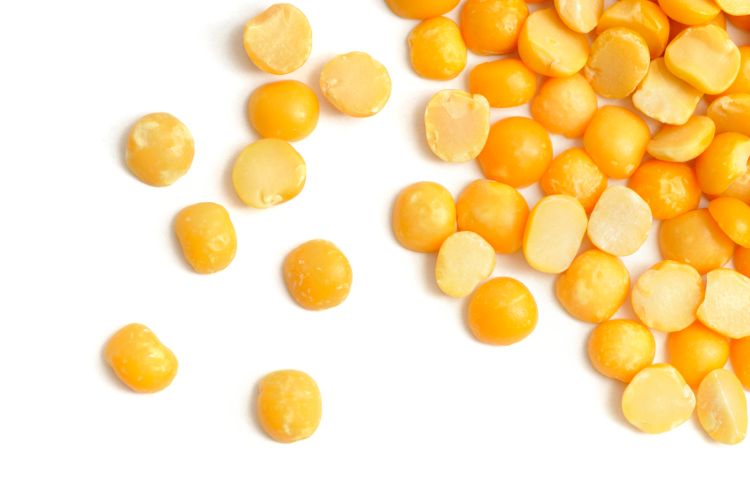Midwestern BioAg and Puris have partnered to provide crop contracts to farmers transitioning to organic
Midwestern BioAg and Puris have partnered to provide crop contracts for non-GMO soy bean and yellow field peas to farms transitioning to organic agriculture.
Photo © iStockphoto.com/AlasdairJames

Midwestern BioAg (Madison, WI), a company that provides agronomic solutions to farmers, and regularly helps conventional farmers transition to organic agriculture, has partnered with Puris (Minneapolis, MN), a vertically integrated, non-GMO, and organic food processing company specializing in pea protein, starches, fibers, and other plant-based food solutions. Under the new partnership, Puris will offer contracts to supply Midwestern BioAg growers seeds for non-GMO soybeans, and non-GMO yellow field peas, bridging the gap from farm to market.
“Achieving sustainability at the farm involves providing solutions to the farm and the food companies to aid in supply chain development,” said Ben Adolph, director of farmland sustainability for Midwestern BioAg, in a press release. “The program allows Puris and Midwestern BioAg to bring an efficient approach to growing plant-based protein production in the Midwest.”
The partnership helps farmers smoothly transition to organic agriculture by offering them the tools and resources to be successful. This helps lays the groundwork for a scalable organic food system.
“Puris offers contracts and a market for grower’s production on transitional acres during the organic certification period, helping make the three-year transitional period profitable. If we want farmers to embrace regenerative practices and a path to certified organic, we must give them tools,” said Jordan Atchison, president of Puris Grains, the seed and merchandising arm for Puris, in a press release. “Puris is committed to our growers both on the seed technology side and securing their markets.”
Prinova acquires Aplinova to further increase its footprint in Latin America
April 7th 2025Prinova has recently announced the acquisition of Brazilian ingredients distributor Aplinova, which is a provider of specialty ingredients for a range of market segments that include food, beverage, supplements, and personal care.










